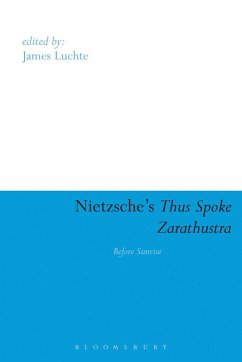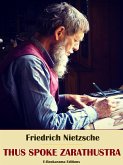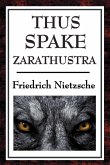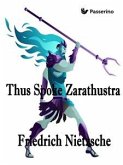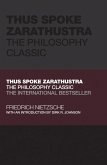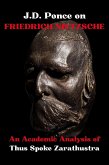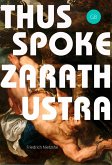Nietzsche famously regarded Thus Spoke Zarathustra as his greatest work. However, despite Nietzsche's pervasive influence upon the philosopher and non-philosopher alike, and his own intense regard for Zarathustra, there has been relatively little serious study of Nietzsche's magnum opus.
This book seeks to address this gap in the available literature by taking Thus Spoke Zarathustra seriously, not only with respect to its impact on the interpretation of Nietzsche's philosophy, but also in light of the broader questions of the relationships between poetry, philosophy and existence. Fifteen leading Nietzsche scholars examine the structure, method, style and sources of Zarathustra as a philosophical text and its relationship to methodological and metaphilosophical questions amid the broader discussions of philosophy. The book also explores the implications of the philosophical questioning, interventions and teachings of Zarathustra with respect to both its negative engagement with the tradition and its attempt to set forth something new under the sun in its affirmative overcoming of nihilism.
This book seeks to address this gap in the available literature by taking Thus Spoke Zarathustra seriously, not only with respect to its impact on the interpretation of Nietzsche's philosophy, but also in light of the broader questions of the relationships between poetry, philosophy and existence. Fifteen leading Nietzsche scholars examine the structure, method, style and sources of Zarathustra as a philosophical text and its relationship to methodological and metaphilosophical questions amid the broader discussions of philosophy. The book also explores the implications of the philosophical questioning, interventions and teachings of Zarathustra with respect to both its negative engagement with the tradition and its attempt to set forth something new under the sun in its affirmative overcoming of nihilism.

